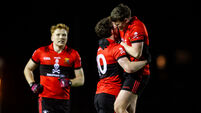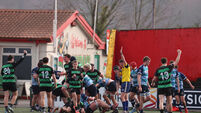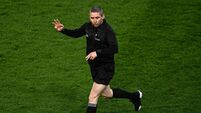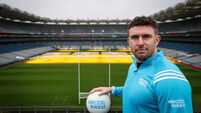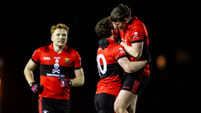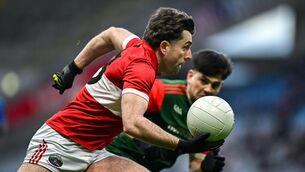Foley sets sights on breaking into Cork hurling's big time with Charleville
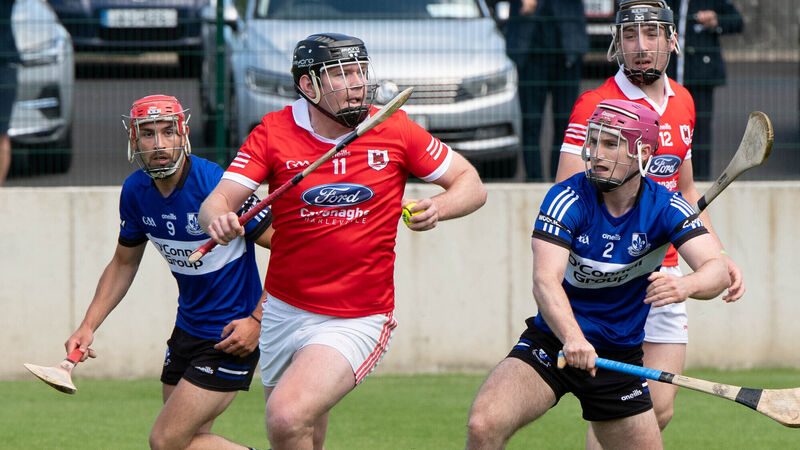
Charleville's Conor Buckley looks goalwards while being shadowed by Sarsfield players Darragh Long and Donal English during the recent Red FM SHL match in Sarsfields. Pic: Howard Crowdy
“Never reached the big time,” reflects Dominic Foley towards the end of our conversation.
The Charleville hurling manager is reflecting on his 18 years as a professional footballer. A career that reads as a busy inter-railing summer such were the many blades of grass covered.
A collection of the latest sports news, reports and analysis from Cork.




